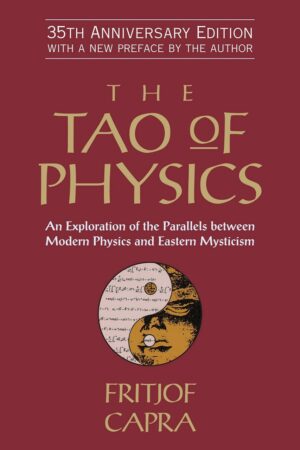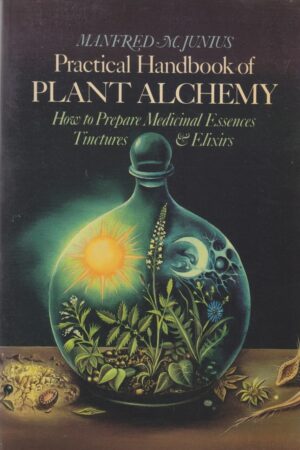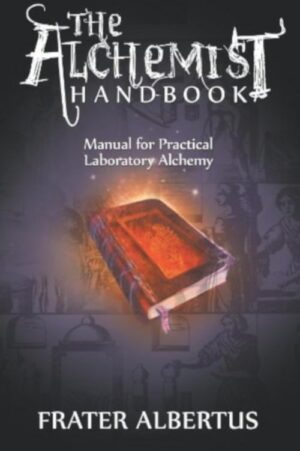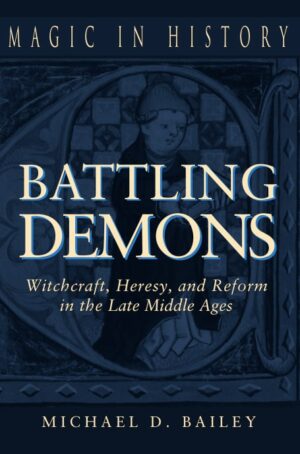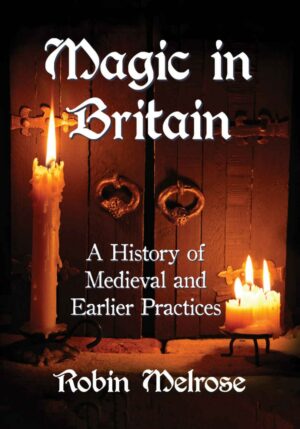03.12.2020
03.12.2020
“Practical Handbook of Plant Alchemy: How to Prepare Medicinal Essences, Tinctures and Elixirs” by Manfred M. Junius
03.12.2020
“Alchemist’s Handbook: Manual for Practical Laboratory Alchemy” by Frater Albertus
03.12.2020
“Battling Demons” by Michael D. Bailey
03.12.2020
